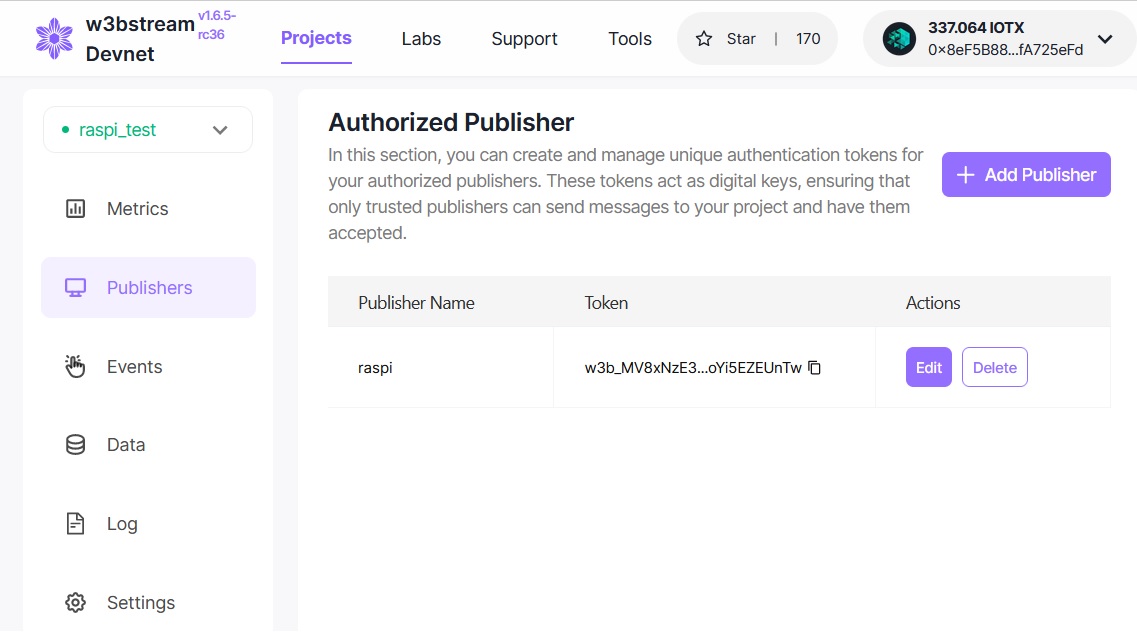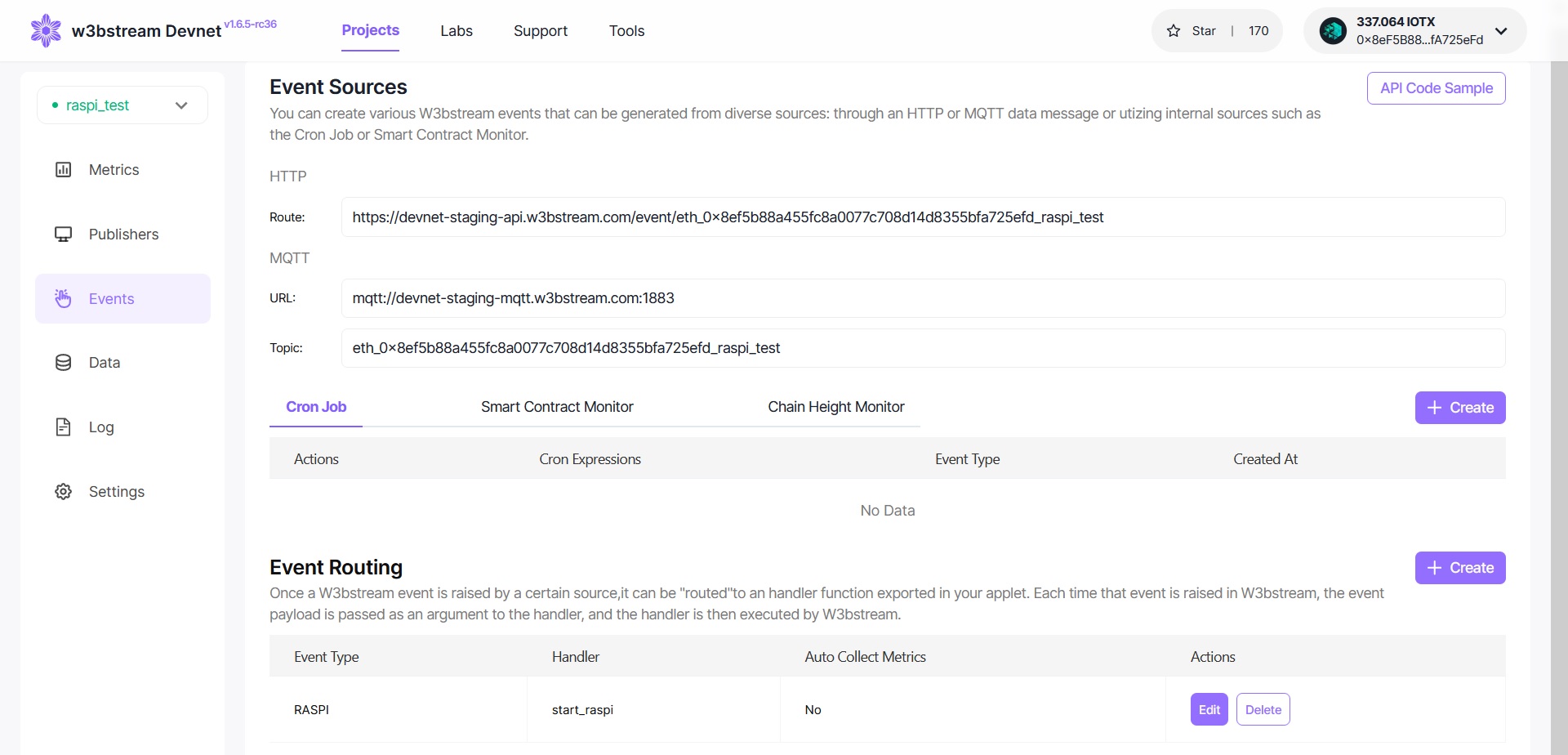Installing the Drivers
First, flash a fresh Raspberry Pi OS legacy version with 32 bits on to your micro-SD card. I used Raspberry Pi Imager, make sure to enable ssh in the profile before flashing.
On the RPi
Plug the micro-SD card in the RPi and note the IP address once it booted into the OS.
Then connect to it with ssh (I use Putty on my Windows machine) and and upgrade it.
sudo apt-get update && sudo apt-get -y upgrade
Enable SPI, I2C and interfaces and disable Seriel console, when asked say "No" and next "yes".
sudo raspi-config
Clone the pyCrypto repo
git clone https://github.com/Zokrates/pycrypto.git
Clone the GPS repo
git clone https://github.com/finamon-de/gps-4g-hat-library.git
cd gps-4g-hat-library/
Install the virtual environment and the following dependencies.
python3 -m venv .venv --system-site-packages
source .venv/bin/activate
python3 -m pip install pynmea2 python-dotenv pyserial gpiod smbus tensorboard_logger
pip uninstall -y gpiod numpy
pip install numpy paho-mqtt bitstring pynmea2 numpy==2.0
sudo apt install -y python3-libgpiod libopenblas-base
copy all the files to the gps-4g-hat-library folder.
The newer code of BG77X.py throws errors. Take the 2 year old one.
If you use a UMTS Stick (in my case Huawei E160)
sudo apt install -y wvdial
sudo nano /etc/wvdial.conf
wvdial.conf configuration for ISP (E-Plus)
[Dialer Defaults]
Init1 = ATZ
Init2 = ATQ0 V1 E1 S0=0 &C1 &D2 +FCLASS=0
Modem Type = USB Modem
Baud = 460800
New PPPD = yes
ISDN = 0
[Dialer umtseplus]
Modem = /dev/ttyUSB0
Dial Command = ATD
Carrier Check = no
Phone = *99#
Password = "eplus"
Username = "gprs"
Stupid Mode = 1
Init4 = AT+CGDCONT=1,"IP","internet.eplus.de"
Dial Attempts = 2
Connect to internet
wvdial -C /home/user/wvdial.conf umtseplus
Get the MQTT Settings from W3bstream (for illustrative reasons)
Open https://devnet-staging.w3bstream.com/. Here you login with your IoTex wallet and create a new project and add our wasm and json file.

Add a new publisher and copy the Token.

Now check the events page and copy the Token and Topic.

On the RPi
Now return to the RPI and enter the copied values (Topic, Token and URL) to the apropriate place in the test code.